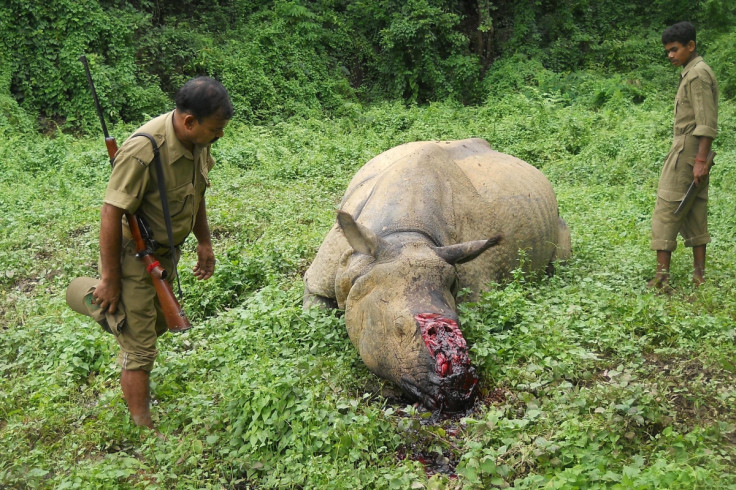Artificial intelligence being used to stop wildlife poaching in Africa

Artificial intelligence is being used to reduce poaching. Scientists have developed an AI system that uses – and learns from – information on where poaching is taking place to map out the most effective patrols for rangers seeking to protect wildlife.
Thousands of animals are illegally killed every day for their skin, traditional medicines and trophy hunting. As a result, wild tiger populations have decreased 95% over the past 100 years, black rhinos have reduced by 98% since 1960, and more than 30,000 elephants are killed each year for their ivory.
Human patrols are the most direct way to protect wildlife from poachers. However, protection agencies lack the money and equipment to carry out enough patrols to stop the killings. "In most parks, ranger patrols are poorly planned, reactive rather than pro-active and habitual," said Fei Fang, a researcher working on the new AI.
Researchers from the National Science Foundation built an application called PAWS (Protection Assistant for Wildlife Security) to help park rangers protect wildlife. The application is based on 'game theory', which involves using mathematical and computer models to predict the behaviour of adversaries.
The system involves using data on past patrols and evidence of poaching. It can incorporate information on terrain and the natural transition paths of animals. As a result a poaching "street map" can be developed, providing rangers with the most effective patrol routes.
As PAWS gets more data on poaching events, the system 'learns' and updates the patrols accordingly. It can also randomise patrols so rangers do not fall into predictable patterns – which poachers could observe and use to avoid them. "If the poachers observe that patrols go to some areas more often than others, then the poachers place their snares elsewhere," said Fang.
Researchers discussed the application at the AAAI Conference on Artificial Intelligence, in February 2016. They said PAWS has led to more observations of poaching per kilometre since its introduction in 2015.
Two non-governmental organisations – Panthera and Rimbat – have started using the application to protect wildlife in Malaysia. The research has since won an award for one of the best AI applications with measurable benefits.
The researchers are now in conversation with wildlife authorities to introduce PAWS to Uganda later this year. "There is an urgent need to protect the natural resources and wildlife on our beautiful planet, and we computer scientists can help in various ways," said Fang. "Our work on PAWS addresses one facet of the problem, improving the efficiency of patrols to combat poaching."
© Copyright IBTimes 2025. All rights reserved.






















